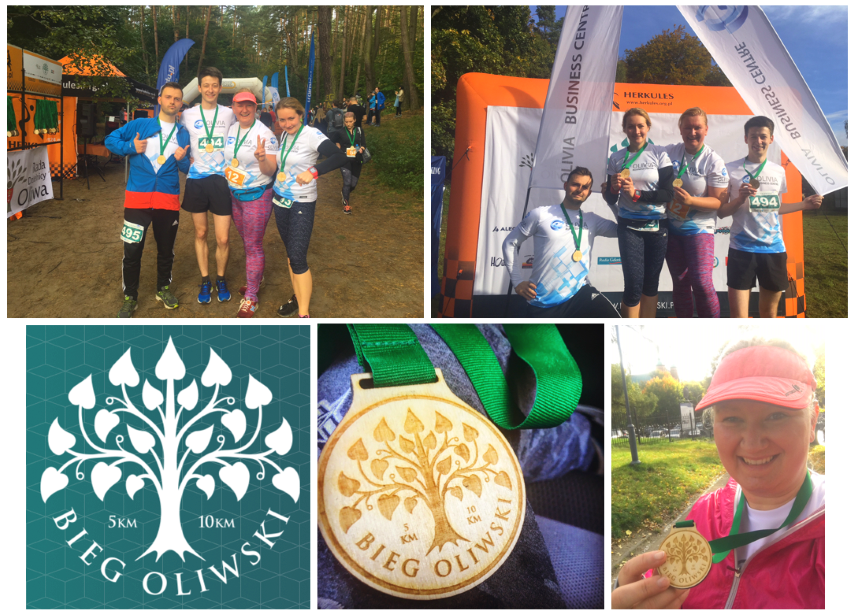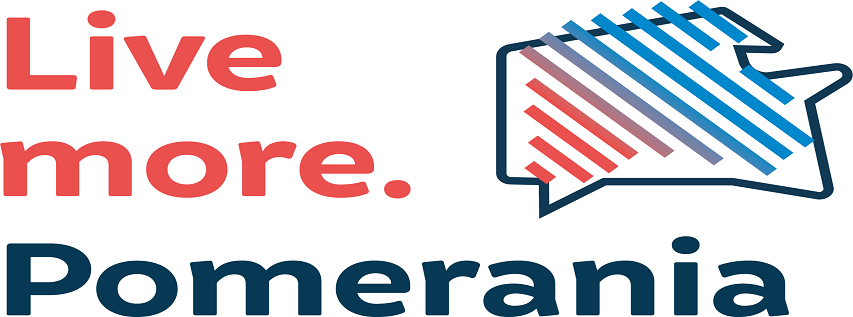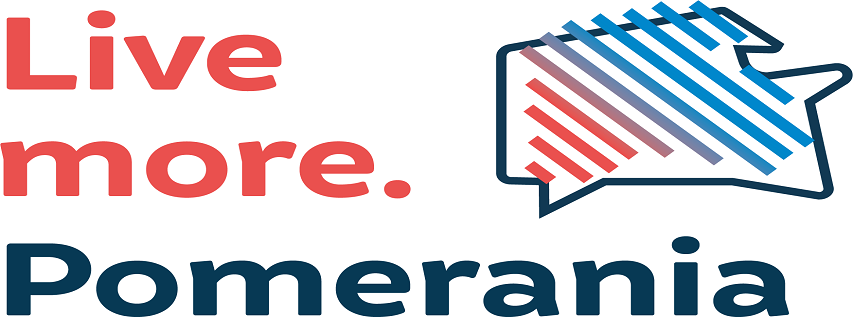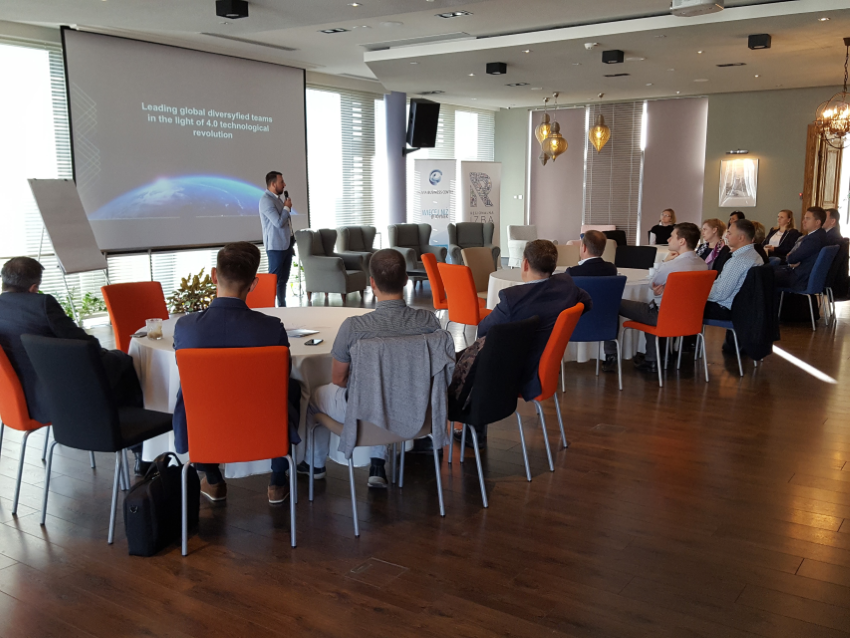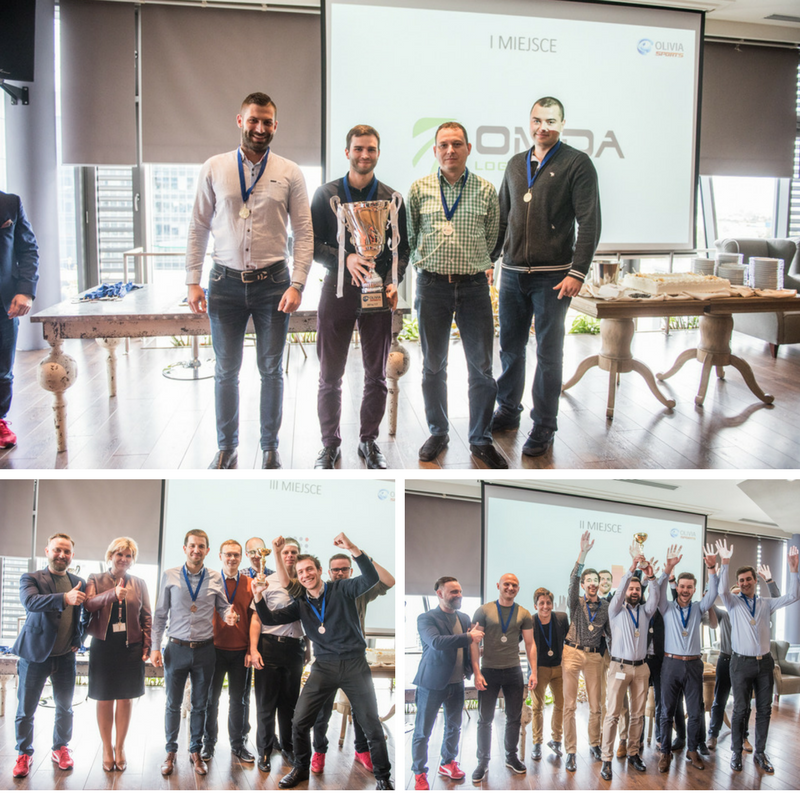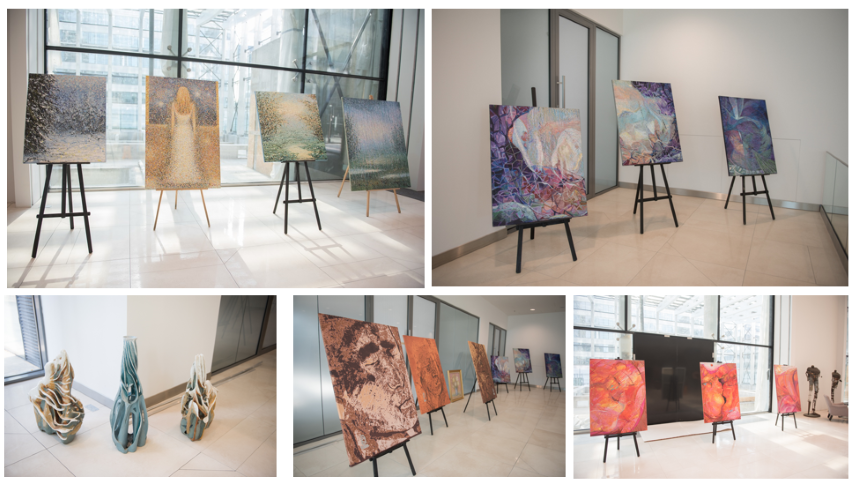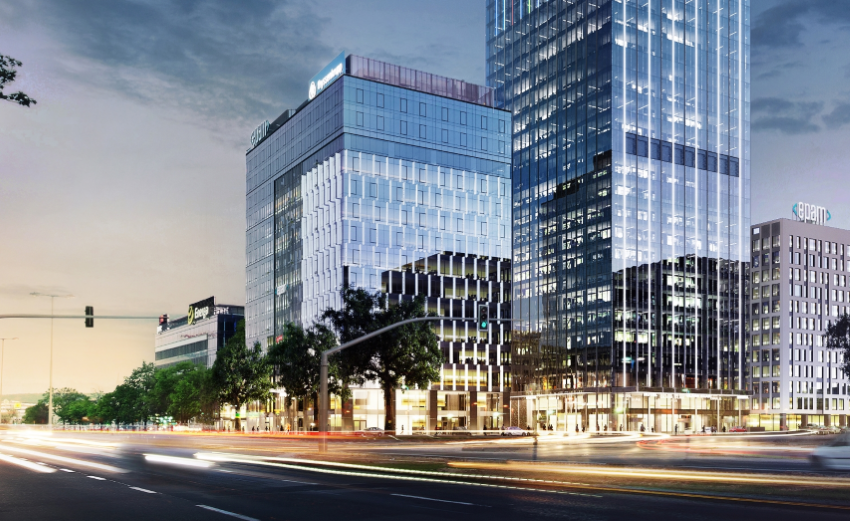The interview is also available in English here. |
Recently, we invited you to a seminar led by Bob Dignen, our guest from the UK, an experienced trainer and coach in the field of international leadership. Bob Dignen is a director at York Associates, a language school and specialist training company. He visited us on the occasion of the seminar “Let’s Talk Business vol. 2”, organized by LEC CENTRE and York Associates, which took place in Olivia Sky Club. The meeting was devoted to effective communication in an international environment.
“Let’s Talk Business” is a series of meetings for people who work with foreign partners on a daily basis. The guests of the events are international experts who share their knowledge and experience to facilitate working with foreigners. The “Let’s Talk Business” series is dedicated to managers and business owners who manage branches of international corporations, lead multinational teams or sell their products and services on foreign markets.
This year’s seminar, entitled “Effective leadership for international business”, consisted of a three-part workshop led by Bob Dignen. The introductory presentation was given by Krzysztof Herdzik, a manager with over 15 years of experience in the BSS industry, who talked about how to manage culturally diverse teams in the light of 4. technological revolution.
We invite you to read the interview with Bob Dignen, which was conducted by Monika Bogdanowicz from Olivia Business Centre.
–/–
Monika Bogdanowicz (Communication at Olivia Business Centre): What is the difference between working in a local environment and working in an international organisation?
Bob Dignen (International Trainer and Communications Expert, York Associates, author of many publications including the bestseller “Leading International Projects”): The answers to this question do not sound as they might seem at first glance. What are the main differences that come to mind when you think about this question? Upon reflection, you will probably point to phenomena such as “language,” “culture,” and “time differences.” These three questions are certainly part of the answer, but at the core is dealing with four challenging dimensions.
Firstly, there are higher levels of uncertainty in an international environment – you work with people you don’t know, you communicate in a foreign language, and you can’t be sure of the effective transfer of meaning. On top of that, there is a higher level of complexity – as a rule, more complex projects and activities are carried out in international teams. Thirdly, an interesting paradox – we have to deal with decision-making and responsibility dispersed in a local-global environment. In my experience, organizations are becoming more and more disorganized. And finally, diversity – we have to deal with a wider range of perspectives, culturally and professionally conditioned behaviors that make it difficult to work together. And here’s a word of caution – the role of national culture should not be overestimated as it has an impact on people’s behavior at work.
We love to think in terms of Pole, American, British, German, etc. But the use of concepts with such a high level of abstraction is usually not useful in understanding the man before us. It is worth remembering that we never meet cultures, only specific people.
Monika Bogdanowicz: How to strengthen dialogue in teams in order to reduce the risk of conflict and different understandings of basic concepts?
Bob Dignen: People think about dialogue and conversation in many different ways. Some say a lot, others say little. Some are direct, others beat around the bush. Despite the diversity, we all have three choices: we don’t say anything, we talk to someone or we ask questions.
My experience of working with people with extensive international experience clearly shows that when working in an international context, we need to ask more questions. This initiates learning. That can be a sign of respect. It also allows different points of view to be taken into account in the decision-making process and thus supports innovation. And questions aimed at clarifying something, which serve to confirm mutual understanding, are worth their weight in gold. Sounds simple, right?
However, the people I’ve been following closely for over 20 years seem reluctant to ask questions. Why? Maybe out of fear of something. For fear of coming across as foolish or incompetent. For fear of being seen as a challenge to others. But these are misplaced concerns. When we start asking questions about individual and organizational behaviors, things start to work better.
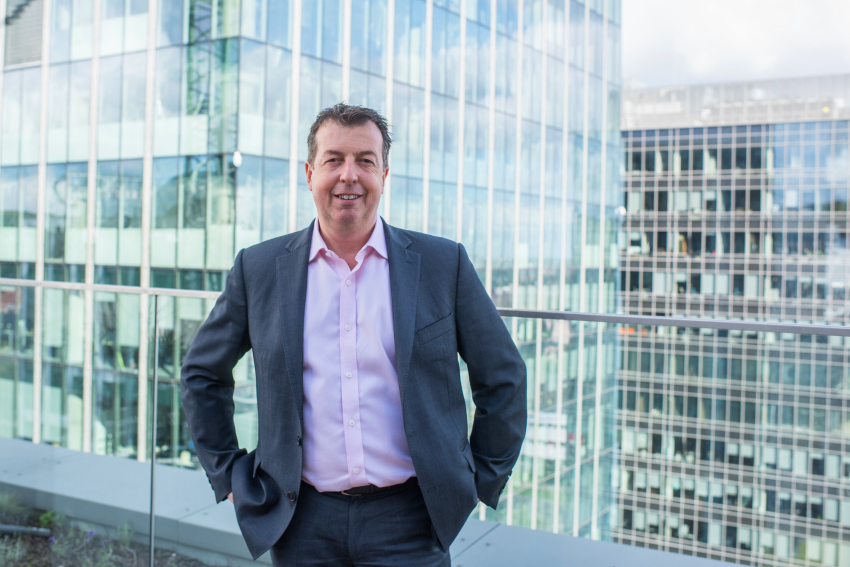
Monika Bogdanowicz: What advice would you give to managers who encounter difficulties resulting from ineffective communication in their teams and companies?
Bob Dignen: Of course, a lot depends on the type of ineffective communication. Often the simplest advice is… do something about it. Offer feedback. Support people to be more curious about their own behaviors and how they affect others. It’s worth creating an environment where people can safely make mistakes and learn from them. In a world full of uncertainty, complexity and variety, mistakes are inevitable. There is, of course, another answer to this question.
Try to question whether what you perceive as ineffective actually is. Stigmatizing others as less effective is a behavior that comes easily to all of us – it protects our self-esteem and the illusion that we are the good guys and others are the bad guys. Essentially, seeing what’s good in others’ behavior, which may be superficially considered irritating or unprofessional, is the true art of management and leadership.
Monika Bogdanowicz: What tips would you give to a manager who is trying to create a positive attitude in their international team?
Bob Dignen: Being “positive” is hard these days. People are generally overworked, they feel like they are not earning enough, and many feel undervalued to the point of no longer trusting those who manage them. This is proven by employee surveys, which confirm a low level of engagement.
In my opinion, several things give rise to positive emotions. People want to feel valued. Positive feedback, a word of thanks really help. People need a sense of purpose and progress towards achieving it. Leaders need to create structures that allow their people to see and experience these two dimensions. People also want to develop, to feel that they are making personal and professional progress, and that their work is based on some, even loosely described, professional path. A simple method managers can use to make sure their people are experiencing these things is to meet with them regularly 1:1 in an informal setting once every month or two. Such in-person meetings are often underestimated by managers, but they can bring many benefits – add motivation, compare points of view, and give the manager the opportunity to learn what their employees are experiencing and thinking.
Monika Bogdanowicz: How can a culturally diverse team have a positive impact on a company’s value as a brand, and how can managers use this diversity to create a competitive advantage?
Bob Dignen: Most companies describe themselves as brands that respect and embrace diversity. I don’t think that diversity in itself is an advantage, because basically everyone experiences it today. Another question is whether people manage diversity well. I believe that diversity wears out as a supportive element of a brand.
It is important to remember that diversity is not always and not only a positive factor. Diversity of beliefs, competencies, priorities, and strategic outlook on business can lead to divisions within an organization. That’s why managers have to work hard to create a common, understandable commitment to achieve a common goal. And that means uniformity, not diversity. I have the impression that organizations do not fully understand their relationship to diversity.
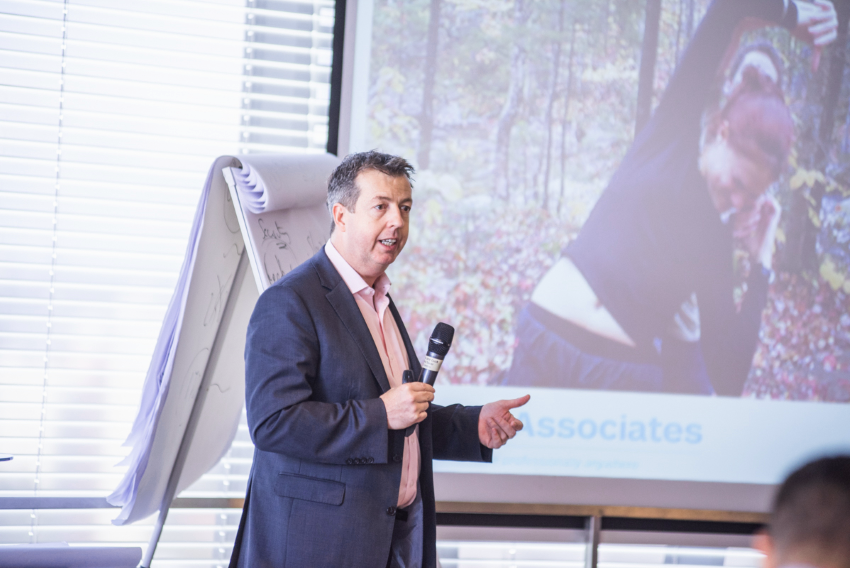
Monika Bogdanowicz: As beings, we prefer to work with people who are similar to us and, by analogy, we avoid situations in which we face the unknown (culture, norms, etc.). How to manage communication to create a culture of effective communication in the team?
Bob Dignen: Some people like the strange, the unknown, and thrive when they enter unfamiliar territory. Such people are few and far between, but they exist and are worth looking for. But the question is about communication and creating a culture of communication… A simple piece of advice is to talk more about communication. Talk about expectations. Talk about experiences. Talk about frustrations. Talk about how poor communication affects customers. These discussions should result in concrete actions. Some of them are single, but usually more general, about how we want to communicate in a team. For example, that an email must be answered within 24 hours, that disagreements must be resolved in person, silence is not acceptable during a conference call – people should speak their minds. Rules and guidelines for certain behaviors designed not to be artificial and thus immediately unnecessary can be useful. But it’s important to remember that phenomena such as “listening” or “openness” are not behaviors. Behavior is something tangible. Listening as a behavior means not saying anything, or, for example, making a sound to show that we agree with or understand something.
Different behaviors that mean the same thing can cause confusion and inefficiency in the team, so why not agree on what specific behaviors mean, what value they have, and then start applying them. The phrase “Yes, but…” It can be seen as a constructive search for truth in some teams, and it can be a form of destructive denial in others. In order for the team to communicate effectively, it needs to discuss behaviors and perhaps establish rules. Interestingly, as a result of the discussion, it may turn out that I know what your behavior means and we don’t need to set any rules because I know what you want to say. It’s very simple, yet often ignored as a key element of international teams.
Monika Bogdanowicz: In your opinion, what are the basic factors of success in working in an international environment?
Bob Dignen: There are no right rules here. Life is always complex and depends on the specific situation. However, being aware, acting with intent, and taking advantage of opportunities to learn from feedback whether something works out or fails is always recommended.
It should not be forgotten that working in an international environment is not only stressful and challenging. This is an amazing opportunity to get involved in what is happening around you and to create a better future for the next generations together. Looking at politicians today, I wonder who is supposed to do this if not us?
Monika Bogdanowicz: Bob, thank you very much for your recommendations for the development of communication in international teams. This knowledge brings great value to our community of Olivia Business Centre, where people work in several languages.
–/–
Bob Dignen She has been specializing in language training and effective business communication for over 25 years. She conducts language training in the UK and beyond, lectures and coaches in the field of international team management and management competences. He is the author of several books m.in. “Leading International Projects” (ed. Kogan Page), “Managing Projects” (ed. Delta Publishing and York Associates), “Communication for International Business” (ed. Harper Collins) and “English for International Business Communication” (Harper Collins). He speaks at industry conferences and events organized m.in. by IPMA, PMI, CIPD.
York Associates is a British training company headquartered in York, part of the Claret Holdings Ltd group. She specializes in teaching English, business and intercultural competence and communication, and leadership.
Other interviews from the series:
Interview with Professor Witold Orłowski

